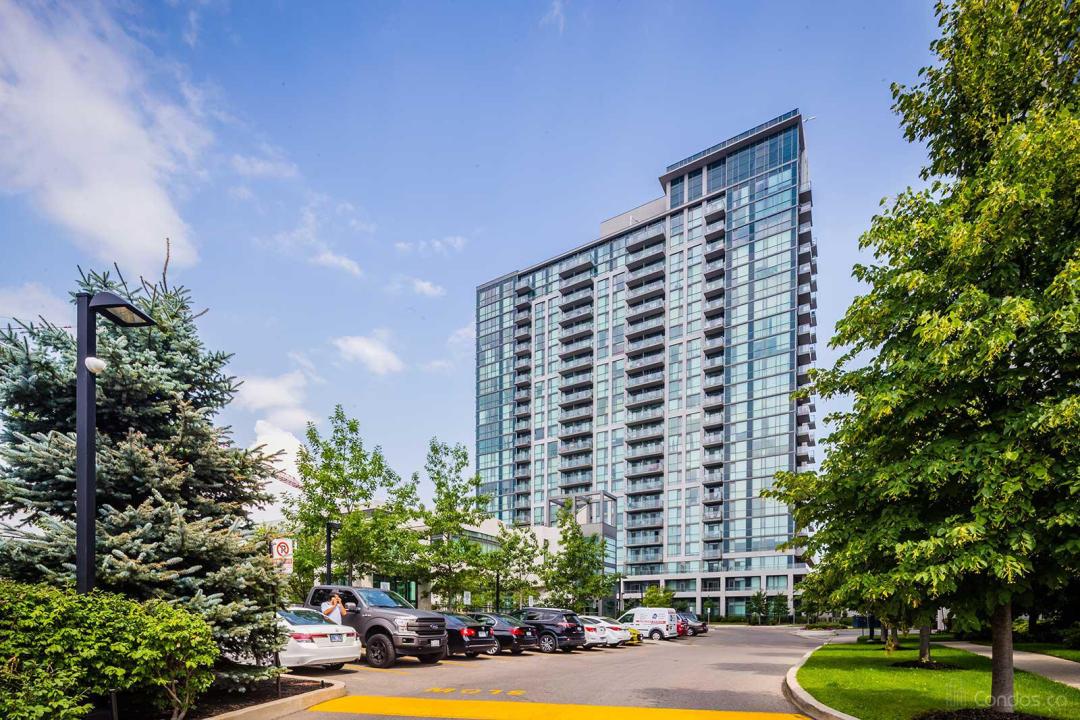What is the difference between fixed and variable mortgage
rates?
Fixed vs variable mortgage rates — which one will save you the most? Read this, decide, act.
Quick answer
A fixed mortgage rate stays the same for your term. A variable mortgage rate moves with the market. Fixed = predictable payments and budgeting. Variable = lower starting rates and possible savings, plus interest risk if rates rise. This simple difference drives every financing & mortgages decision.
What each term really means
- Fixed mortgage rate: Your interest rate is locked for the agreed term (commonly 1, 3 or 5 years). Your monthly payment is stable. Great for planning.
- Variable mortgage rate: Your rate is tied to a benchmark (like the prime rate). Payments can go up or down as the benchmark changes.
Both are standard tools in financing & mortgages. Neither is “best” without context.
Real-world example (easy to understand)
Imagine a $300,000 mortgage over 25 years. A variable rate often starts lower than a fixed rate. That lower start can reduce monthly payments by a few hundred dollars. If rates rise, those savings shrink or reverse. If rates fall, you keep saving.
The takeaway: variable gives upside if rates drop; fixed removes downside risk.

Pros and cons (quick, no fluff)
Fixed mortgage rate
- Pros: Predictable payments, easier budgeting, protection if rates spike.
- Cons: Usually higher initial rate, less benefit if rates fall, break penalties can be costly.
Variable mortgage rate
- Pros: Lower starting rates, potential savings when rates fall, more flexible prepayment features in some products.
- Cons: Payments can rise, higher long-term cost if rates climb, harder to budget.
How to choose (actionable checklist)
- Decide your tolerance for risk. If volatility stresses you, pick fixed.
- Consider how long you’ll stay in the home. Short stays favor variable; long-term plans may favor fixed stability.
- Watch interest rate trends and inflation. If experts expect hikes, fixed protects you.
- Add a buffer to your budget for variable plans — plan for higher payments.
- Ask about hybrid options: split your mortgage into fixed + variable portions.
If you want a fast rule: choose fixed for certainty and peace of mind. Choose variable for lower initial cost and if you can handle rate swings.
Next steps — make it practical
Get a clear comparison quote showing monthly payments under both rates. Ask about penalties, portability, and prepayment options. A local financing & mortgages expert can produce side-by-side scenarios so you see exact dollar impact.
For direct, no-nonsense mortgage advice contact Tony Sousa — local Financing & Mortgages specialist. Email: tony@sousasells.ca | Phone: 416-477-2620 | Website: https://www.sousasells.ca
Act now: the right choice today can save you thousands over your mortgage term.





















